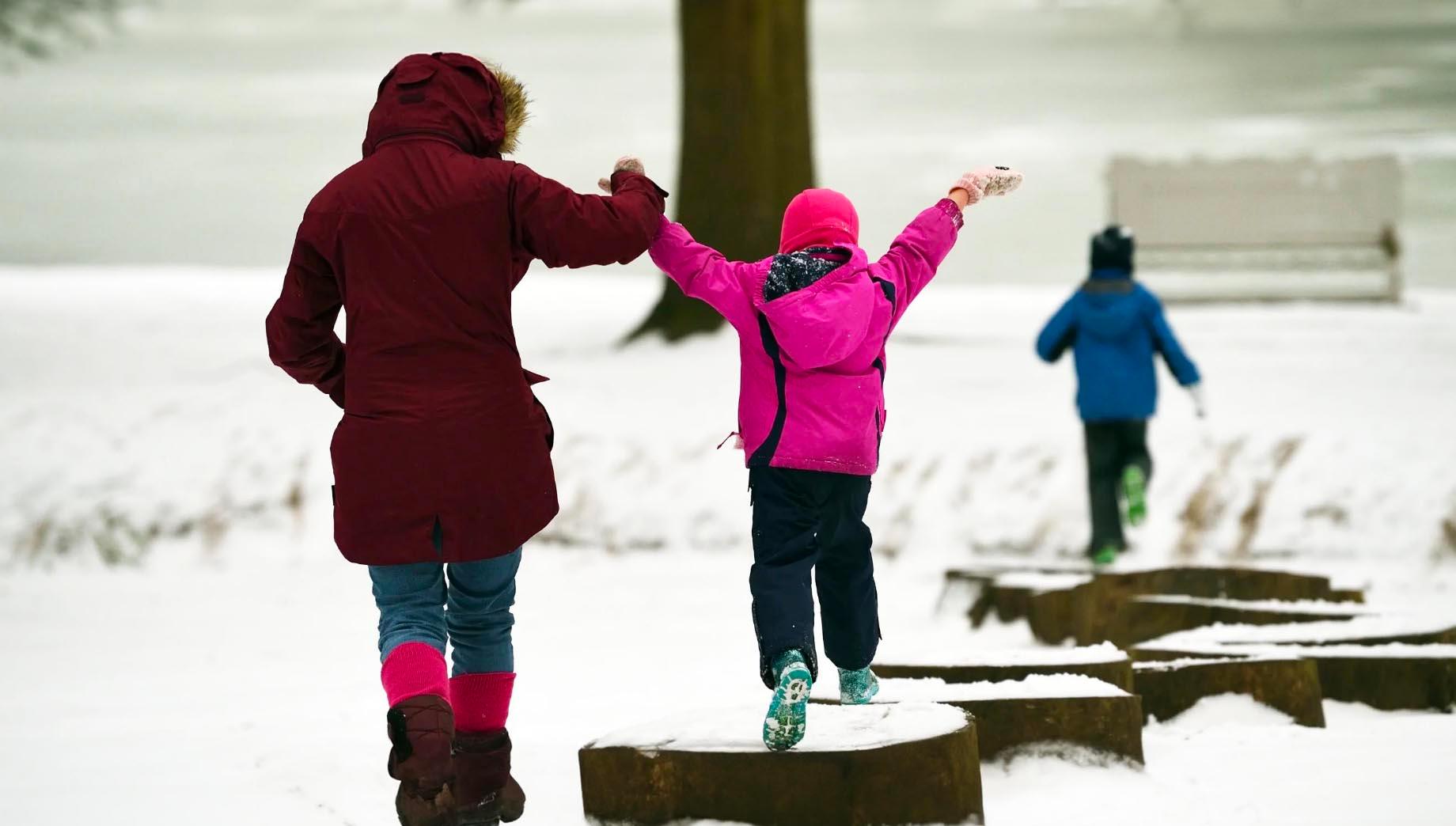Preparing School Leavers for the Outside World: Key Strategies for Schools

As students approach the end of their school journey, they face a significant transition into adulthood, where they must navigate higher education, enter the workforce or pursue other personal and professional paths. Schools play a crucial role in equipping school leavers with the skills they need to thrive in the outside world. To prepare students for this transition, schools should focus on providing practical life skills, including how to write a CV, manage their finances and other essential competencies.
1. Teaching Students How to Write a CV
One of the most practical skills schools can impart is teaching students how to write a CV (Curriculum Vitae). A well-crafted CV is essential for job applications, internships and even some educational opportunities. Schools should provide dedicated workshops on CV writing, highlighting the importance of tailoring the CV to different job roles, focusing on relevant skills and experiences and using professional language. Teachers can provide examples of strong CVs and give students opportunities to create and refine their own. This practice not only helps students present themselves effectively but also boosts their confidence as they begin their job search.
2. Financial Literacy and Money Management
Another critical area where schools can support students is in financial literacy and money management. Many young adults enter the world without a clear understanding of how to budget, save, invest, or understand credit and debt. Schools should introduce financial education programs that cover these topics comprehensively. Lessons could include practical exercises on budgeting for daily expenses, understanding the implications of loans and credit cards and the benefits of saving and investing early. Financial literacy classes can empower students to make informed decisions, avoid common financial pitfalls and build a solid foundation for their future economic well-being.
3. Career Guidance and Counselling
Career guidance and counselling are essential for helping students understand the various paths available to them after school. Schools should provide access to career advisors who can offer personalized advice based on each student’s interests, strengths and goals. Workshops on job search strategies, networking and interview preparation can also be incredibly beneficial. By exposing students to a range of career options, including those that may not require a traditional college degree, schools can help students make more informed decisions about their futures.

4. Soft Skills Development
In addition to technical skills, soft skills such as communication, teamwork, problem-solving and time management are crucial for success in any field. Schools can integrate soft skills training into their curricula through group projects, presentations and extracurricular activities. Encouraging students to participate in clubs, sports and volunteer work can also help them develop leadership qualities and interpersonal skills that are highly valued in the workplace.
5. Understanding Legal Responsibilities and Rights
As students transition into adulthood, they must understand their legal rights and responsibilities. Schools can provide basic education on topics such as employment laws, tenant rights and civic duties. Understanding these concepts can help students navigate the legal aspects of adulthood with confidence and avoid potential legal issues.
6. Mental Health and Well-being Education
Finally, schools should prioritise mental health and well-being education. The transition from school to the outside world can be stressful and overwhelming. Schools can offer resources and workshops on stress management, resilience building and mental health awareness. Providing access to counselling services and creating a supportive environment where students feel comfortable seeking help can also make a significant difference in their ability to cope with challenges.
Schools have a critical role in preparing students for life beyond the classroom. By focusing on practical skills such as CV writing and money management, providing career guidance, fostering soft skills, educating about legal responsibilities and promoting mental health and well-being, schools can equip their students with the tools they need to succeed in the outside world. These initiatives not only help students transition more smoothly into adulthood but also lay the groundwork for a more informed, skilled and resilient generation.














